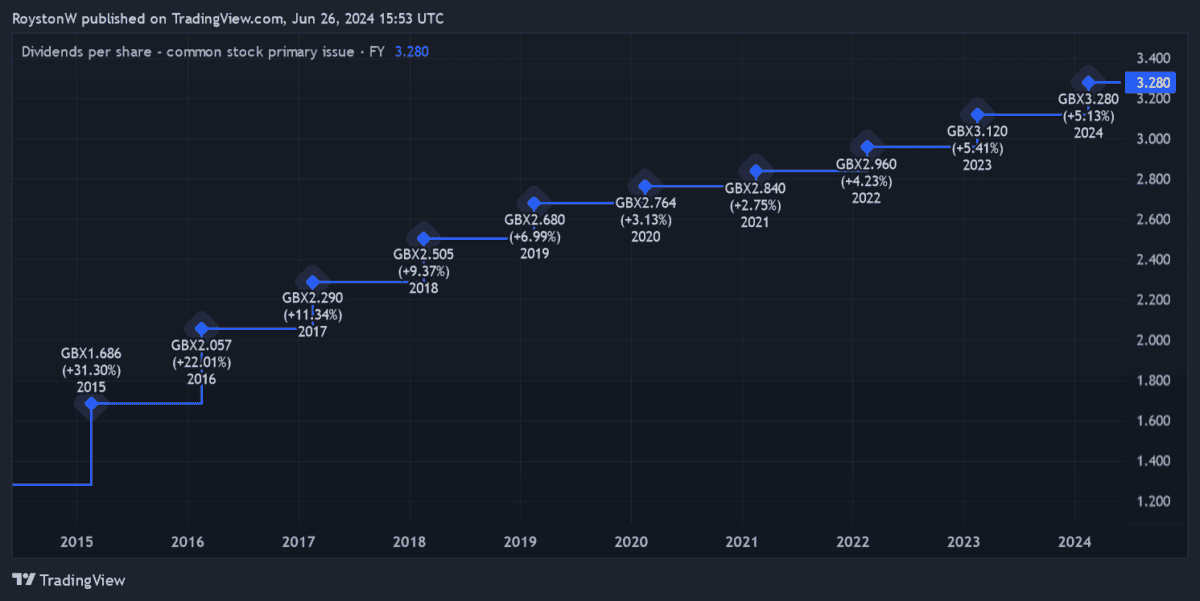Discount Watch
We estimate there to be six Investment Trusts trading at 52-week high discounts with three new names making it into the latest Discount Watch.

ByFrank Buhagiar •01 Jul,

We estimate there to be six investment companies trading at 12-month high discounts over the course of the week ended Friday 28 June 2024 – the same number as the previous week.

Next new name to mention, The Renewables Infrastructure Group (TRIG). No news out this past month apart from Company announcements detailing fractional movements in wealth manager Brewin Dolphin’s interest in the fund. Not much to write home about there. And not much in the way of press coverage either. Something of a mystery then as to why the shares are trading at a year-high discount to net assets. Does Mr Market know something the rest of us don’t? One to keep an eye on.
There are a couple of of new names we’d like to highlight, or in the case of Downing Strategic Micro-cap (DSM), a reappearing name. DSM, which is in wind-down mode, last appeared on the Discount Watch List on 10 June 2024. It subsequently disappeared from the list only to find itself among Winterflood’s top-five monthly movers. The sharp turnaround in fortunes was due to the announcement of a managed wind-down.
On 18 June 2024, DSM announced a third special interim dividend of 17.5 pence per share, equivalent to, in aggregate, £8.0 million. Fast forward to 27 June and DSM shares went ex-dividend. That means those who buy the shares now will no longer be eligible for that special dividend. To reflect this, the share price dropped by the amount of the dividend to be paid. The dividend is due to be paid on 18 July so net assets haven’t yet been adjusted downwards. Share price down + net assets unchanged = shares back on the Discount Watch. Question is, will DSM’s shares muscle their way back into Winterflood’s top-five movers once the dividend is paid in July?
Finally, Henderson High Income (HHI). Only new news out, the latest monthly factsheet on 21 June 2024 showing a NAV total return of +2.7% for May compared to the composite benchmark’s (80% FTSE All-Share Index/20% ICE BofA Sterling Non-Gilts Index) total return of +2.1%. Imagine what the shares would have done if the fund had underperformed the index.
The top-five discounters Fund Discount Sector
Ground Rents Income GRIO -70.60% Property
Ceiba Investments CBA -69.64% Property
Downing Strategic Microcap DSM -69.40% UK Smaller
The Renewables Infrastructure Group TRIG -26.08% Renewables
Henderson High Income HHI -11.08% UK Equity & Bond Income
The full list
Fund Discount Sector
Ceiba Investments CBA -69.64% Property
Ground Rents Income GRIO -70.60% Property
Renewables Infrastructure Group TRIG -26.08% Renewables
Diverse Inc DIVI -10.91% UK Equity Income
Henderson High Income HHI -11.08% UK Equity & Bond Income
Downing Strategic Microcap DSM -69.40% UK Smaller



